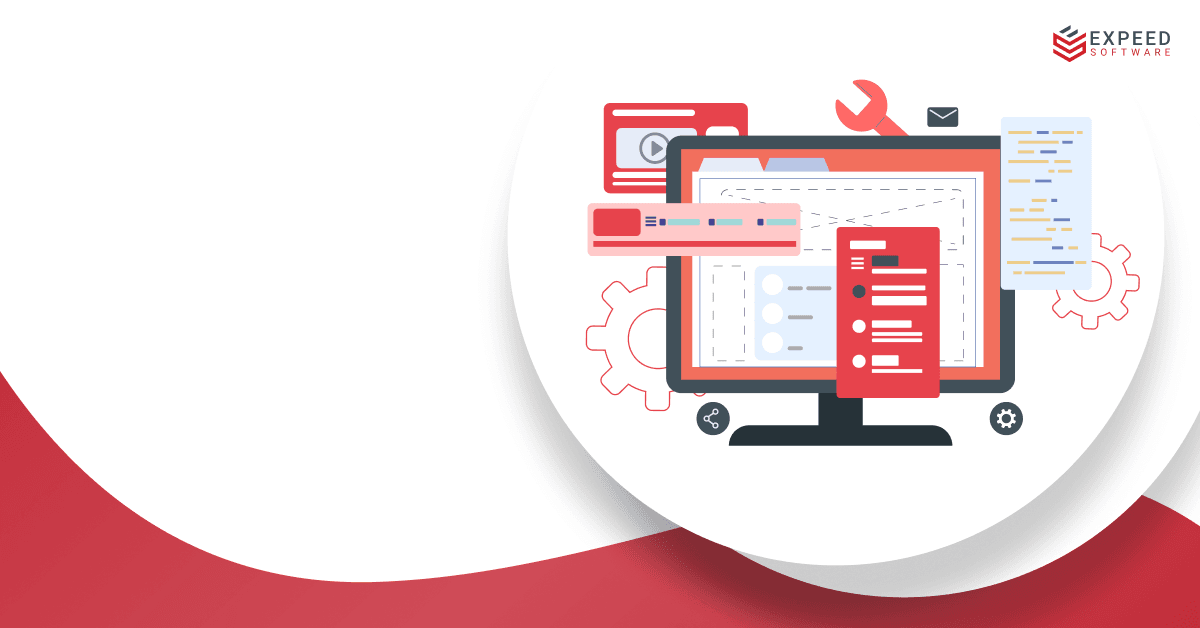The cloud has revolutionized the way data is collected, processed, and stored. No longer do businesses have to rely on expensive and outdated on-premises data warehouses. Instead, cloud data warehousing offers a more flexible and cost-effective solution for managing enormous amounts of data.
In the Beginning: Pre-NAS
In the beginning, businesses had to rely on pre-networked-attached storage (or “pre-NAS”) solutions to store their data – simple hard drives and direct-attached storage (DAS) such as small computer system interface (SCSI) drives. Unfortunately, these early storage systems were cumbersome and difficult to manage, often resulting in slow and unreliable performance.
The Coming of NAS
The coming of network-attached storage (or NAS) in the early 1990s changed everything. With the introduction of on-premises NAS from vendors such as NetApp and EMC, large enterprises could easily connect multiple storage devices over networks, allowing them to access, process, and share their data more efficiently than ever before. It was not until the mid-2000s that small and medium businesses began to benefit from NAS solutions.
Introduction of Cloud Data Warehouses
With the advent of cloud computing, cloud data warehousing emerged as a new way to manage copious amounts of data using cloud-based technologies. By leveraging cloud computing platforms, businesses of all sizes could now store and analyze their data quickly and easily away from the premises. The cloud has changed the IT landscape, providing unprecedented levels of scalability, flexibility, and management.
Hybrid Cloud NAS
Many businesses have also begun adopting hybrid cloud NAS solutions in recent years. These cloud-based storage systems allow organizations to seamlessly integrate on-premises NAS solutions with cloud-based platforms, giving companies greater flexibility and control over their data.
On-premises vs. Cloud Data warehouses: Head-to-Head Comparison
So – how does cloud data warehousing compare to on-premises solutions? Below is a quick head-to-head comparison:
Cloud data warehouses offer:
- Cost efficiency
- Bundled capabilities, including Identity and Access Management (IAM) and analytics
- On-demand scalability
- Security
- System uptime and availability
On-premises data warehouses offer:
- Total control of the tech stack
- Optimized speed and performance
- Governance and regulatory compliance
Some Popular Cloud Data Warehouse Solutions
Today, cloud data warehousing is becoming increasingly popular among enterprises of all sizes. According to a study by Technavio, the cloud data warehousing market is expected to grow by $17.74 billion from 2022 to 2027.

(Image source: technavio.com)
Some of the most popular cloud data warehouse solutions include:
- Snowflake
- BigQuery
- Redshift
- Azure Synapse
These solutions offer a wide range of features and capabilities, allowing businesses to effectively manage their data at scale.
However, while cloud data warehouses offer many advantages over traditional on-premises solutions, they require careful planning and management to succeed.
This is where Expeed comes in. With our expert cloud consulting services, we can help you select, deploy, and manage your cloud data warehouse, ensuring you transform your business by getting the most out of your data. Leverage our expertise to unlock the full potential of cloud data warehousing. For more information, get in touch with us today.




